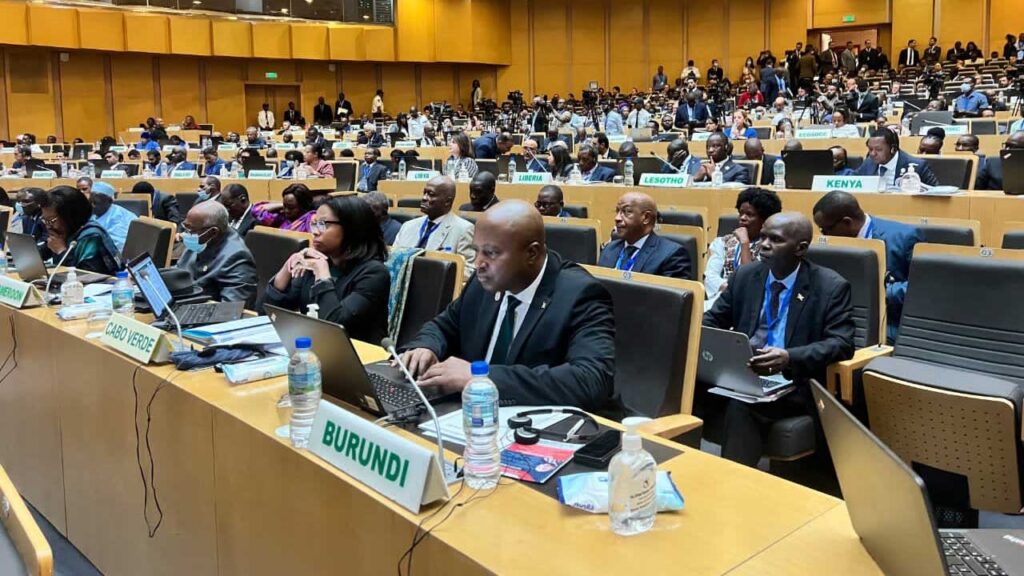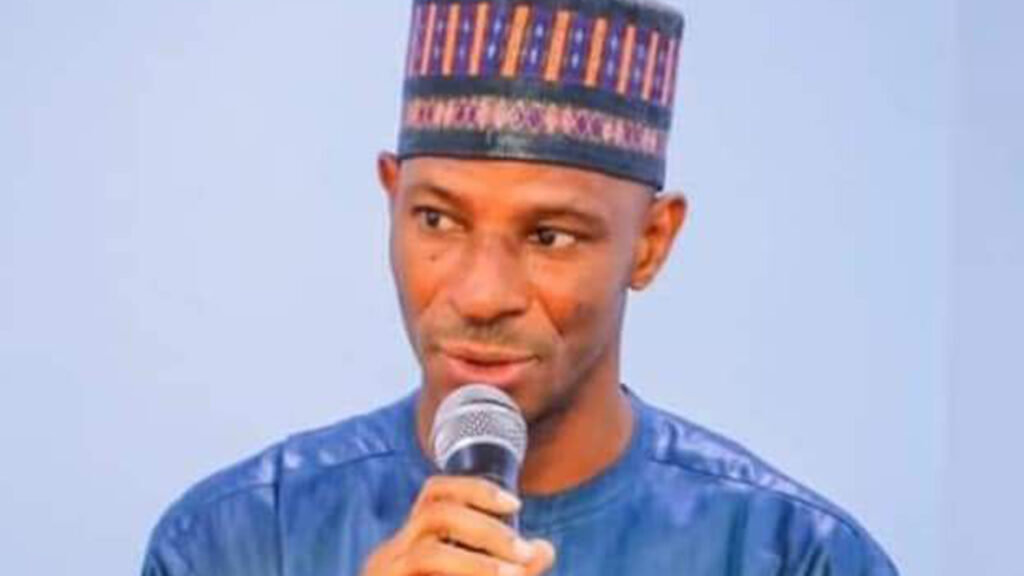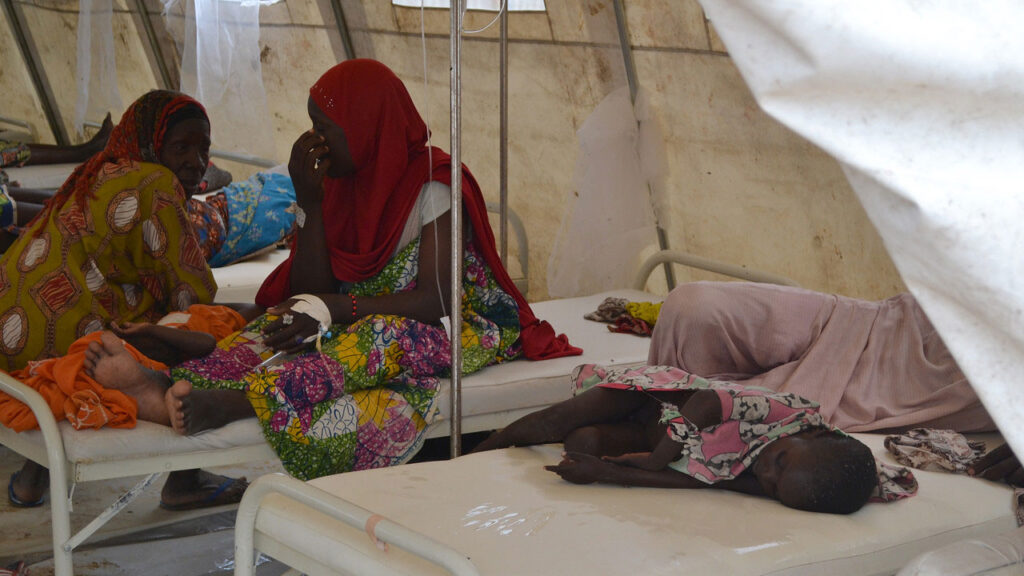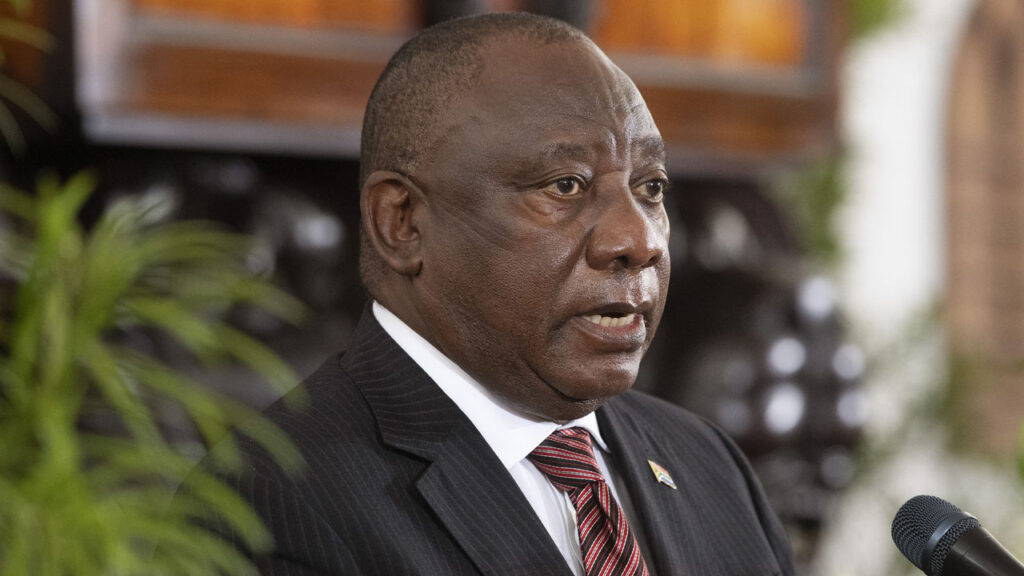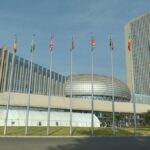 The need for Africa’s unity and its operationalisation has never been in short supply. What is missing is the political will and unanimity of purpose required to drive it. Nevertheless, it is agreed that regular discourse of the central and tangential issues constitutes the first and necessary steps to making any profound score. It is not surprising therefore that there is an apparent renewed currency on the question. Africa No Filter, a body that promotes a shift in stereotypical stories about Africa, carried out a review of African Union (AU), dissected its structures, successes, problems, and potentials of more than 20 institutions, agreements, and initiatives. Also, it explored existing academic research on African continental integration; its findings were quite revealing, to the effect that 60 years after, the focus of the continental body has been mainly on economic integration while relegating cultural diplomacy.
The need for Africa’s unity and its operationalisation has never been in short supply. What is missing is the political will and unanimity of purpose required to drive it. Nevertheless, it is agreed that regular discourse of the central and tangential issues constitutes the first and necessary steps to making any profound score. It is not surprising therefore that there is an apparent renewed currency on the question. Africa No Filter, a body that promotes a shift in stereotypical stories about Africa, carried out a review of African Union (AU), dissected its structures, successes, problems, and potentials of more than 20 institutions, agreements, and initiatives. Also, it explored existing academic research on African continental integration; its findings were quite revealing, to the effect that 60 years after, the focus of the continental body has been mainly on economic integration while relegating cultural diplomacy.
According to the review report, the idea of a united Africa defined by free trade, cultural exchange, peace, and security was born with the Organisation of African Unity (OAU), a baton that was passed to the African Union (AU) in 2002 thereby underlining the focus on what it called ‘hard power’.
Certainly, the Organisation of African Unity (OAU), AU and Regional Economic Communities (RECs) agreements, policies, and protocols to ensure continental integration typically focused on trade, peace and security; as well as governance and democracy. Inadvertently, cultural diplomacy, that is, the intermingling of its people within their respective cultural domains, is rarely focused upon beyond sports.
Even in the priority areas of economic integration, the review found that despite nine Regional Economic Communities (RECs) created to promote free continental trade and development, in many cases, economic integration had been hindered by lack of infrastructure, especially transport infrastructure. Despite the understanding of the nexus between migration and development, the AU free movement protocol, cultural diplomacy has been hobbled by its non-implementation while the elephant in the room, xenophobia, has remained a key barrier to regional integration.
The review also pointed the fact that agreements and protocols signed over the years to strengthen continental unity have not been ratified by majority of the member states of the AU. In this respect, the review averred that few of the countries have signed, ratified, and domesticated all the agreements, including regional economic groupings such as in the Economic Community of West African States (ECOWAS). In the latter, only Burkina Faso could be said to have ratified all 51 protocols while Guinea Bissau has yet to ratify any.
However, the review acknowledged some successes achieved, especially in the international arena where the AU has been able to consolidate Africa as a bloc to contest international agreements, and to nominate and elect Africans to positions of significant power within international organisations, but called for a focus on soft power, that is, cultural diplomacy and the free movement of people between countries, in ways that would allow the development of a shared understanding of histories and cultures with a consequent impact on nationalism and xenophobia.
The review contained in a document titled, One Africa: Pan-African Dream or Reality, also made suggestion on how to deal with the observed deficits in the integration process such as the need for major investment in the development of infrastructure and technical skills to tackle the limited infrastructure for transport systems, ICT and energy to increase interconnectivity of the African people; and the issue of resources that is so paltry that the continental body is hardly able to address its numerous goals.
Nevertheless, the point should be made that the issues addressed in the review document have never lost their relevance; rather, they have been the subject of shifting emphasis. It would be recalled that in the 1960s, the continent was divided into two major blocs, namely, the Casablanca and the Monrovia. The former comprising UAR now Egypt, Ghana, Guinea, Mai and Morocco signed a charter on socioeconomic cooperation, establishment of African High Command, and the eradication of forms of colonialism. The major ideological difference between the two groups centred on the urgency of continental unity or gradualism, state-driven development or capitalist driven development with reliance on foreign direct investment (FDI).
With the formation of OAU in May 1963, the general consensus of member states found expression in Article II of the Charter that included unity and solidarity, self-reliance, safeguard of territorial integrity, eradication of colonial rule in Africa and international cooperation. Despite the plethora of problems besetting the continent, and the forces ranged against it, it has not done badly. There is no formal colonialism in any part of the continent despite resilient neocolonial structures, and the Morocco occupation of Western Sahara that taints the decolonisation medal. By and large, what we have today is the triumph of pan-Africanism.
Nonetheless, a lot needs to be done to drive Africa and its people toward the desired destination—integration. Without doubt, there is an obvious weakness in cultural diplomacy as can be seen in widespread xenophobia in the continent. South Africa was in the news not long ago over attacks on fellow Africans. There is the prevalence of racism in Arab North Africa against indigenous black people. Indeed, sundry stereotypes, sometimes mutual, exist in the continent; it can be addressed with a specific focus on cultural diplomacy. In this respect, a leaf may be borrowed from the Nigerian National Youth Service Corps (NYSC), a postwar integration policy that worked until recently. African countries and their leaders should consider such exchange modeled along the NYSC. This, for sure, will hasten people-to-people understanding and in the long run impact on the bond between us as Africans.
Equally, the ambitious African Continental Free Trade Area backed with the right human capacity and infrastructure will invariably strengthen continental integration to the benefit of Africans. It should be pursued with zest and single mindedness.

